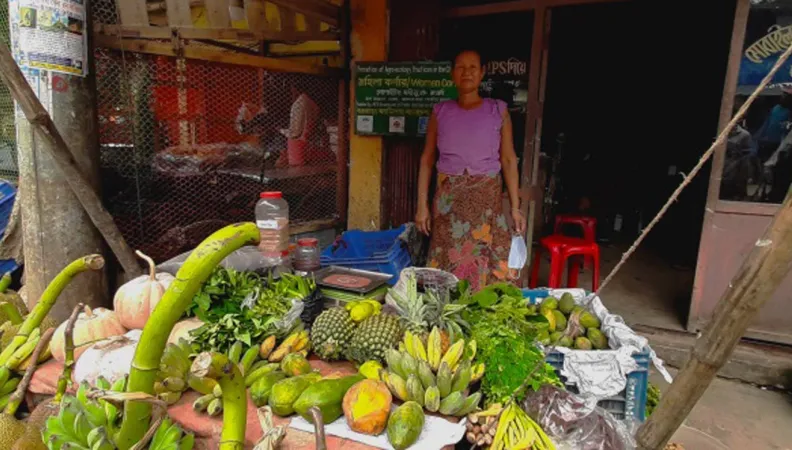Share the page
Supporting Bangladesh’s transition towards a “greener” economy
Project


-
Project start date
-
Status
Ongoing
-
Project duration
-
15 years
-
AFD financing amount
-
€ 50 560 000
-
Country and region
-
Location
-
Bangladesh
-
Beneficiaries
-
Bangladesh Infrastructure Finance Fund Limited
AFD is providing a 50 million euro credit line to the Bangladesh Infrastructure Finance Fund to finance investments in energy efficiency, renewable energy generation and women’s entrepreneurship.
Contexte
In March 2021, the Government of Bangladesh presented its strategic plan for 2021-2041 confirming the country’s ambitions to become a UMIC by 2031 and a developed country by 2041.
As one of the countries most vulnerable to climate change, Bangladesh has committed to the Paris Agreement with the ambition of being an example of sustainable development. The objective of the first Energy Efficiency & Conservation (EE&C) Master plan is to reduce the country’s energy intensity (i.e. the ratio between domestic energy consumption and GDP) by 15% in 2020 and by 20% in 2030 (compared to the level in 2013, which is considered as the BAU benchmark). Investments in renewable energies and energy efficiency therefore remain a priority and efforts to finance these investments must be pursued.
Descriptif
The project aims to contribute to the transition of Bangladesh’s economy towards a “greener” economy. More specifically, it aims to:
- increase the volume of investments in energy efficiency and renewable energy generation in Bangladesh;
- scale up this type of investment in the private sector in a wide range of sectors (SMEs in the industrial sector, cooperatives in rural areas, etc.);
- promote women’s entrepreneurship.
The project involves a €50 million credit line which will be reallocated to the public non-banking financial institution BIFFL (Bangladesh Infrastructure Finance Fund Limited) to finance investments in the fields of energy efficiency (70 to 80 % of the credit line), renewable energy generation, mainly in rural areas (20 to 30% of the credit line) and women’s entrepreneurship (to support the deployment of BIFFL’s special program for this).
Alongside the implementation of the credit line, a €560,000 grant will be allocated to finance the technical assistance required for the effective implementation of the project.
Impacts
The project will contribute to the sustainable and inclusive growth of the Bangladesh economy, primarily by improving access to bank financing for companies in the innovative sectors of energy efficiency and renewable energies. This will allow them to increase their competitiveness by permanently reducing their consumption and/or their energy dependence and improving the quality of the energy supplied.
It will also contribute to building and structuring this market by demonstrating the related energy-saving potential and developing core competencies (capacity building for BIFFL via technical assistance, demonstration effect in the banking sector and industry via the savings generated).


